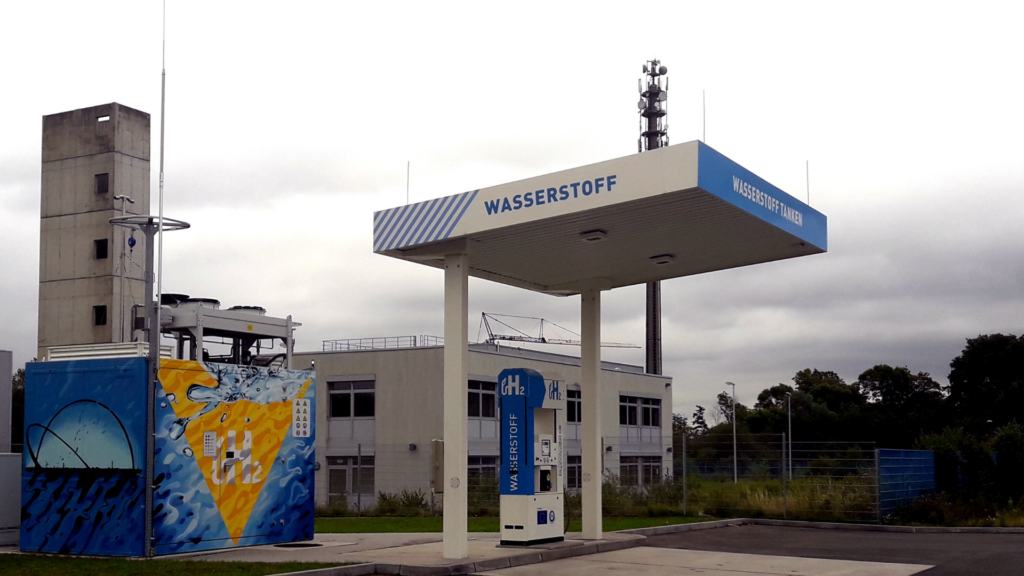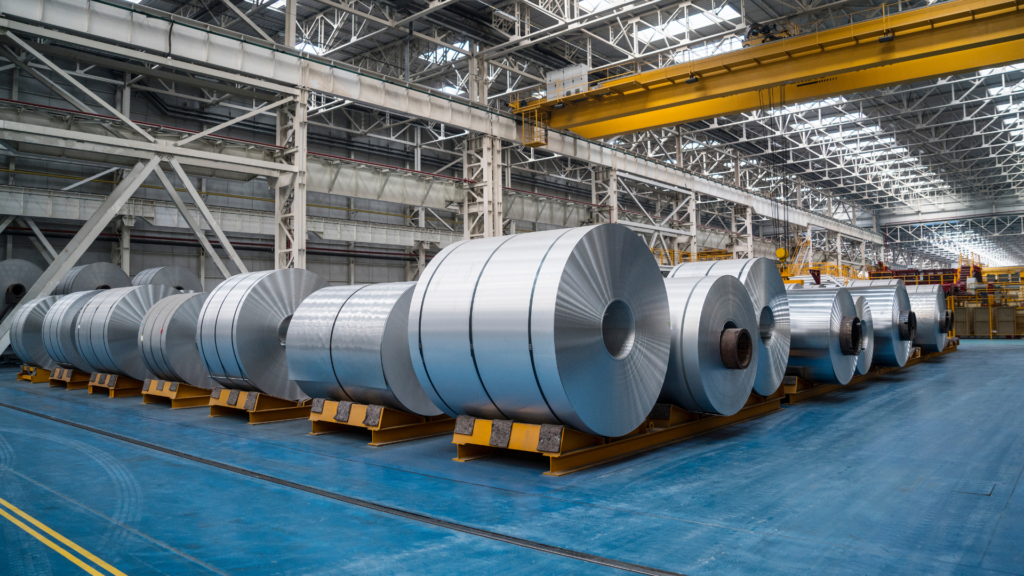Europe Must Finance its Clean Future Now
The time for Europe to lead on clean hydrogen is now – before global competitors take the upper hand.
“The best time to plant a tree was 20 years ago. The second-best time is now.” In a world of short-term thinking and instant gratification, this adage continues to hold true. In the context of the energy transition and the race against time to offset the worst effects of climate change, it is even more relevant.
We in Europe can say that we started investing properly in wind and solar power 20 years ago (although we would be in a much stronger position had we started 20 years before that, immediately after Professor James Hansen’s landmark testimony to the US Senate committee on energy in 1988).
But rather than look back in disappointment or despair at humanity’s delayed climate action, we can resolve not to repeat the same mistakes. Hydrogen, one of the enablers of the energy transition, offers us a new solution to decarbonise.
Hydrogen, one of the enablers of the energy transition, offers us a new solution to decarbonise.
Clean hydrogen is a versatile energy carrier with multiple applications across our society. You can use it to sustainably produce steel, fertilisers, and chemicals – hard-to-abate sectors which cannot be easily electrified – or fuels for road, maritime, or aviation mobility systems, where smaller size and longer ranges compared with batteries make fuel cell propulsion systems more desirable for long-haul journeys. You can also use it for long-term energy storage, grid balancing, and flexibility, which will grow in importance as we move to a fully renewable electricity grid. This is just a summary of the vast potential held within this clean molecule.

Hydrogen is thus a complementary tool to electrification, reaching where electrons cannot. Already, several projects around Europe are showing how. In Sweden, H2 Green Steel – Europe’s first greenfield steel mill in 50 years – replaced coal with green hydrogen to power the steelmaking process, cutting carbon dioxide emissions by up to 95% compared to traditional steelmaking. In France, Lhyfe produces renewable hydrogen from wind energy and sells it to industrial end-users, as well as zero-emission buses and freight fleets. In Italy, one of the world’s largest shipbuilders, Fincantieri, is designing hydrogen-based cruise and cargo ships.
These success stories can be built upon, and Europe could lead a global market based on the production, transport, and use of renewable hydrogen. But there is a risk that moving too slowly will see Europe lose out to global competitors, as seen in the solar and battery industries, where decades of European-led research and development could not prevent profits from going elsewhere once the technologies came to market.
Despite a substantial pipeline of projects up and down the hydrogen value chain, Financial Investment Decisions (FID) have been comparatively rare – only 4% of global hydrogen projects reached FID last year, most of which were in China. This is due largely to the cost of producing renewable hydrogen in Europe still exceeding that of fossil fuel-based hydrogen. With a strong support system, we can make clean hydrogen a viable option for all those businesses looking to achieve emissions reduction.
Only 4% of global hydrogen projects reached Financial Investment Decisions in 2024, most of which were in China.
We need to think more pragmatically. China has achieved massive success through state-led innovation and development of clean technologies to the point that it is now a global market leader in most subsectors. And climate change means we do not have the time to simply wait for the economics to work out. These two facts show us that it is not only desirable but necessary to spend in the short term to reap the benefits in the long term. Sow the seeds. Plant the tree now.
This is not to say that Europe has not already taken important steps to close the financing gap. The European Hydrogen Bank auctions, under the Innovation Fund call, are and will continue to be a successful endeavour to provide key support to hydrogen production projects. The Important Projects of Common European Interest programme has already awarded support to more than 120 projects involving nearly 100 European companies, which should raise over €43 billion from a blend of public and private funds. This is positive, but more is needed at the European and national level to get the hydrogen market moving here before it is too late to compete.

In the latest draft of the European Commission’s Clean Industrial Deal regulatory package, the state aid framework introduces relevant capital expenditure support, with aid intensities of up to 50% for hydrogen use in industry and 45% for renewable energy rollout, creating a strong foundation for hydrogen deployment. Europe wants to stake its claim as a clean technology leader, but to do so, we must stop pulling the rug out from under our own feet.
By planting these trees now, we will be able to sit in the shade of a robust, competitive hydrogen market for years to come.
Europe has repeatedly and publicly professed its support for hydrogen, and as a result, hundreds of companies have invested time and money into building up the sector. We have some existing, successful funding schemes in place and a mammoth pipeline of projects. But we must go further, for example, by encouraging national governments to accelerate the transposition of EU legislation, and to consider implementing their own funding mechanisms for hydrogen projects. By planting these trees now, we will be able to sit in the shade of a robust, competitive hydrogen market for years to come – with all the new jobs, decarbonisation potential, added resilience, and global competitiveness it will bring.
This opinion editorial is produced in cooperation with the European Sustainable Energy Week (EUSEW) 2025.